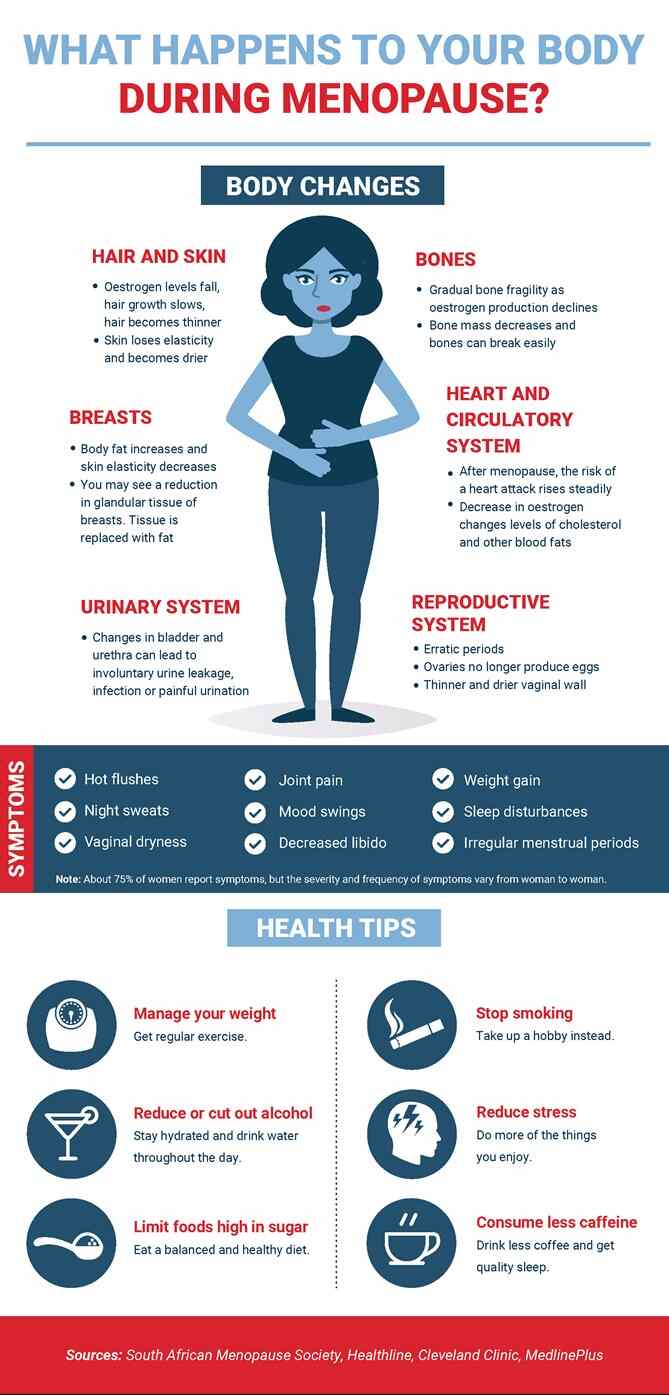The average age of menarche in the US is 12.5 years, while the average age for women to reach menopause is 51 years. While this discrepancy in average age has been observed for many years, recent research has shown that the age of menarche can be greatly influenced by genetics.
Youth Sizes VS Smaller Men’s Sizes, Are They The Same? | Nike Dunk Michigan Dunk Low GS Comparison
In Women: The Average Age of Menopause
The average age of menopause in women is around 51 years. This is based on data from the World Health Organization.
In Women: How Menopause Can Affect Your Health
If you are a woman, you may be experiencing some changes in your health around the time of menopause. In general, during menopause, your ovaries stop producing estrogen, which can lead to a number of changes in your body, including a decline in your bone density. This may make you more susceptible to conditions like osteoporosis, a condition in which your bones become weak and can break easily.
There are also other health concerns that can arise during menopause. For example, the decline in estrogen levels can increase the risk of breast cancer, and can also lead to a decline in your libido. mood swings, hot flashes, and night sweats are all common symptoms of menopause.
While there is no definitive answer as to why these changes happen, it is important to keep your health in mind during this time. By consulting with your doctor, you can determine what steps you need to take to maintain your overall health and well-being.
Also Check:- Gender Of Lord|Based on Books & Statistics (History to Modern)
In Women: What You Can do to Ease Menopause Symptoms
If you’re like most women, you know that menopause is a time of change. You may experience mood swings, fatigue, dryness, and other symptoms. Although these changes can be difficult, there are things you can do to ease them. Here are some tips:
1. Talk to your doctor. Your doctor can help you understand your symptoms and provide advice on how to deal with them.
2. Manage your stress. Stress can cause menopause symptoms, so try to reduce your stress levels by exercising, meditating, or practicing yoga.

3. Eat a balanced diet. Make sure to include plenty of fruits and vegetables in your diet to help ease symptoms.
4. Take supplements. Some women find that supplements such as calcium, magnesium, and fish oil help to ease symptoms. Talk to your doctor before taking supplements if you have any medical conditions.
5. Get plenty of sleep. Sleep is vital for overall health, and menopause can be a time when you need more sleep. Try to get at least 7 hours of sleep each night.
6. Take care of your skin. Keep your skin healthy by using sunscreen, avoiding harsh chemicals, and moisturizing regularly.
By following these tips, you can help ease the symptoms of menopause. Remember, you’re not alone in your experience — and there are ways to cope that work for you.
In Women: How Menopause Can Affect Your Relationships
The average lifespan for a woman is approximately 80 years. Once a woman reaches menopause, her hormone production decreases. This can have a number of effects on a woman’s relationships.
First, relationships can become more difficult as emotions shift from those of the hormone-driven honeymoon phase to those of more mature, equitable partnerships.

Second, because many women experience anxiety and mood swings during menopause, their partners may find themselves adapting to those changes instead of leading.
Third, intimacy may be diminished as sexual relations become less frequent or enjoyable. Finally, as women’s estrogen levels naturally decrease, their hair may thin and may fall out, which can be an emotional blow for some. In short, women’s relationships during menopause can be both challenging and rewarding.
In Women: Menopause and Your Sex Life
6y is a great time for women to enjoy their sex life. It’s not only a great time for fertility but also for pleasure. As women approach 6y, their estrogen levels start to slowly decline. This can lead to a decrease in libido and an increase in night sweats. However, there are ways to make your sex life better during this time. Here are some tips:
1. Talk to your doctor. Your doctor can help you manage your estrogen levels and help you get the most out of your sex life.
2. Take estrogen supplements. Estrogen supplements can help increase your libido and your pleasure during sex.
3. Try a new position. There are many different positions that can be enjoyable for both partners. Experiment and find one that you and your partner enjoy.
4. Talk to your partner. Let your partner know what you’re looking for in a sexual encounter. This can help them be more creative and responsive in bed.
5. Get creative. If you’re looking for something more exciting than traditional sex, try some new creative activities together. This can add some spice to your sex life.
6. Have enjoyable and safe sex. Always use protection when having sex, even if you’re not menstruating. This will help to avoid any unwanted pregnancy.
Conclusion
6 years ago, the average woman’s lifespan was about 78 years. Today, the average woman’s lifespan is about 84 years. The average woman’s lifespan has increased by about six years since the year 2000.



